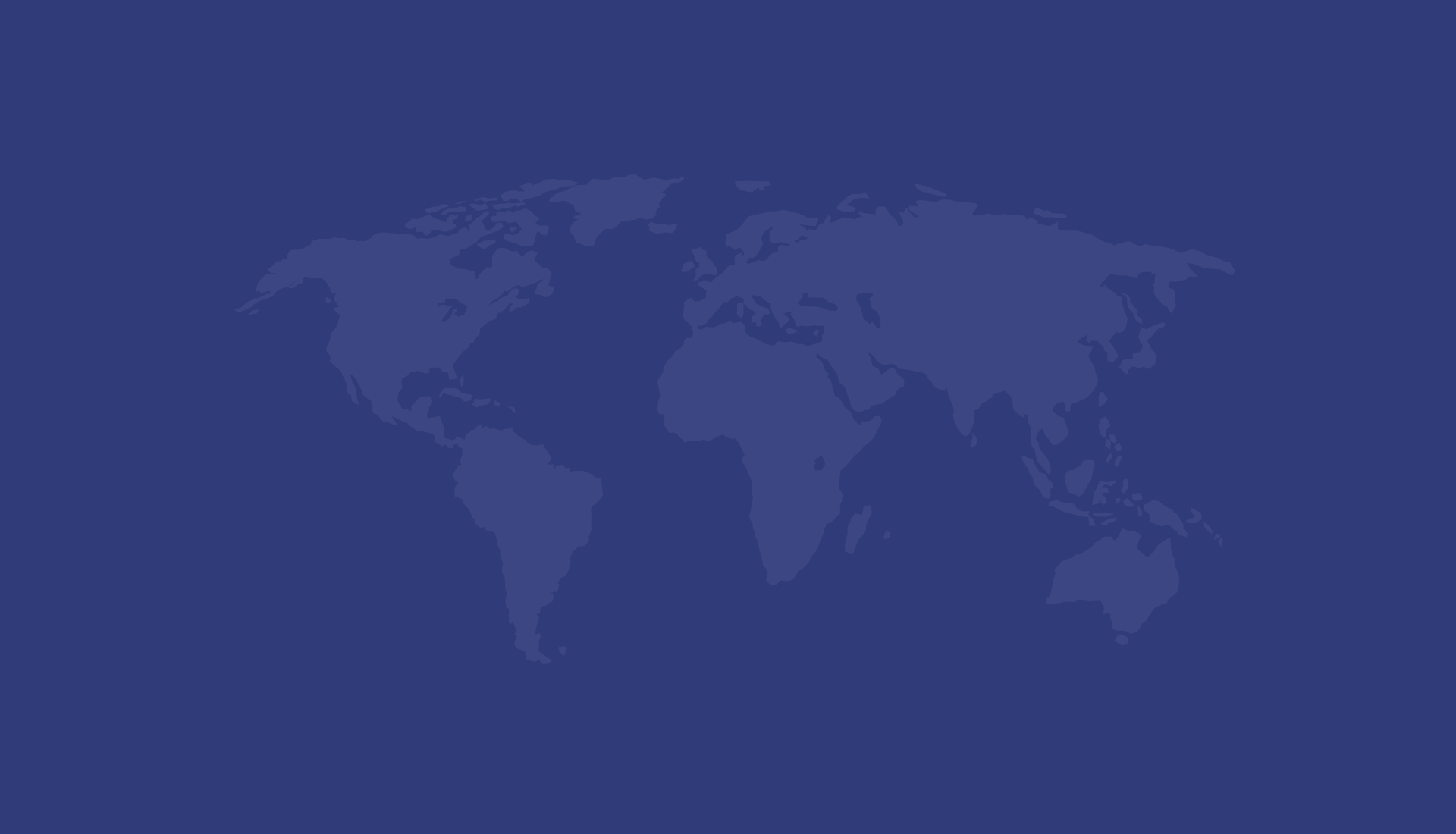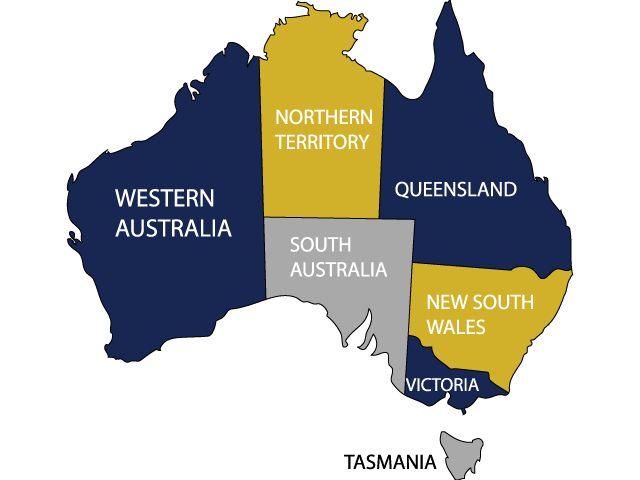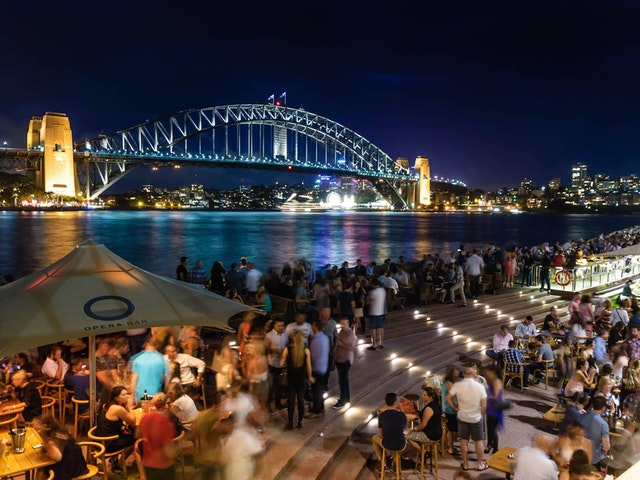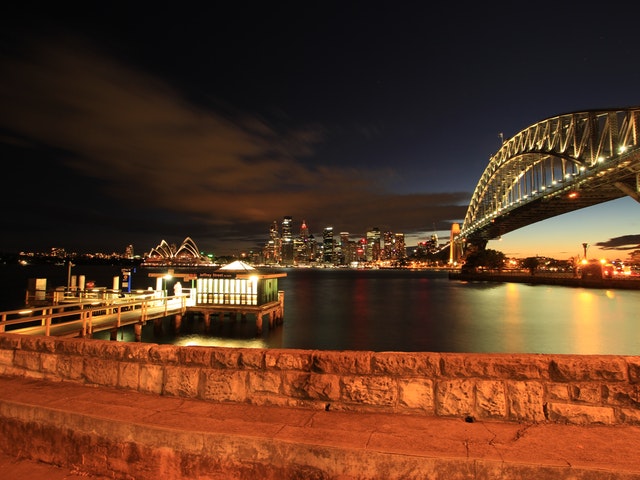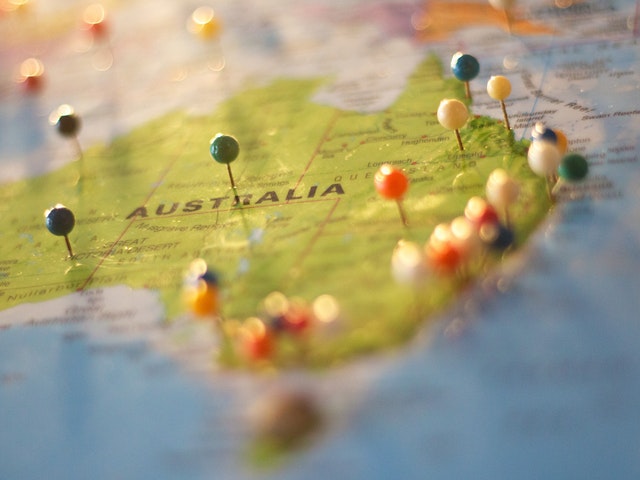Introduction to Australia
Covering an area of 7.69 million square kilometers, mainland Australia is the world’s largest island - but smallest continent. The Commonwealth of Australia is a federation of states and territories. There are six states and two mainland territories. Canberra is Australia’s capital city, and each state and mainland territory has its own capital. The dry inland areas are called ‘the outback’. There is great respect for people who live and work in these remote and harsh environments. Many of them have become part of Australian folklore. Because Australia is such a large country, the climate varies in different parts of the continent. There are tropical regions in the north of Australia and deserts in the centre. Further south, the temperatures can change from cool winters with mountain snow, to heatwaves in summer. (Source: Australian Bureau of Statistics).
Australian Climate
Australia experiences temperate weather for most of the year but the climate can vary due to the size of the continent. The northern states typically experience warm weather much of the time, with the southern states experiencing cooler winters. Australia is also one of the driest continents on earth with an average annual rainfall of less than 600 millimetres. Like all countries in the southern hemisphere, Australia’s seasons are opposite to those in the northern hemisphere. December to February is summer; March to May is autumn; June to August is winter; and September to November is spring.
Population in Australia
Australia currently has a population of almost 25.9 million people. The land Australia is unique in many ways. Of the world’s seven continents, Australia is the only one to be occupied by a single nation. We have the lowest population density in the world, with only two people per square kilometre. Australia is one of the world’s oldest land masses. It is the sixth largest country in the world. It is also the driest inhabited continent, so in most parts of Australia water is a very precious resource. Much of the land has poor soil, with only 6 per cent suitable for agriculture.
Sydney - New South Wales
Sydney, capital of New South Wales and one of Australia’s largest cities, is best known for its harbour front Sydney Opera House, with a distinctive sail-like design and Harbour Bridge. It’s home to beautiful beaches, iconic buildings, historic landmarks, award-winning restaurants, and a vibrant culture. Take a stroll along Circular Quay and soak up the atmosphere or visit Queen Victoria Building in the heart of Sydney’s CBD. Sydney offers an array of cultural activities for people of all ages. Sydney is home to an abundance of cafes, canteens, restaurants, kiosks, gourmet food trucks, popup eateries etc. Sydney is a great place to access international brands and local designers whose wares can be found in shopping centres, outdoor strips and market-style popups throughout the city. Sydney’s idyllic parks have garnered international attention for their natural beauty and unspoiled old world feel. You’ll find plenty of things to see and do in Sydney. Sydney Harbour is a natural playground, and the views are magnificent. There’s a wide- ranging cultural life, a dynamic food scene and vibrant cityscape of outstanding contemporary and colonial architecture. Iconic beaches – most notably Bondi and Manly – and five major national parks deliver unforgettable outdoor experiences. (Source: www.sydney.com/destinations/sydney)
Cost of Living
International students are required to demonstrate and/or declare that they have genuine access to sufficient funds to be granted a Student visa. This includes funds to cover travel, tuition and living expenses. Students may have to demonstrate sufficient funds to cover these expenses for themselves and their accompanying family members while staying in Australia. While international students are able to supplement their income with money earned through part-time work in Australia, the ‘living costs’ requirement helps to support the success of students in their studies by ensuring that they do not need to rely on such work to meet all their expenses. As per Department of Home Affairs, from October 2019, the 12 month living cost is:
• Student/Guardian : AUD 21,041
• Partner/Spouse : AUD 7,362
• Child : AUD 3,152
Working in Australia
If you have been granted your student visa, you will receive permission to work with your visa grant. This will also apply to any family member travelling with you on your student visa. You are not allowed to work until your course has started and you can work up to 40 hours a fortnight while your course is in session (not counting any work undertaken as a registered component of your course of study). However, you can work more than 40 hours per fortnight during recognised vacation periods offered by KII as scheduled during the course. Your family members are not allowed to work until you begin the scheduled course. Family members are allowed to work up to 40 hours a fortnight at all times after your course has commenced. Further information about student visa conditions can be found at: www.homeaffairs.gov.au/trav/stud
Visa Application
Most international students wanting to study in Australia require a student visa. Some other visa holders are also eligible to study as international students in Australia. Many students apply for a visa themselves on-line The visa application process can be complicated and for students from some countries it may better to submit the visa application with the assistance of an experienced migration agent or an agent. In order to apply for a visa, you will need a valid passport, an electronic Confirmation of Enrolment (eCoE) and any other documentation required by the Australian Immigration office. You must ensure to allow enough time for processing between lodging your application and the start of your academic program, as it can be a lengthy process depending on your country of origin.
Visa Conditions & DHA
If you are granted a visa, you must abide by its conditions. Failure to comply with these conditions could result in the cancellation of your visa. These conditions include (but are not limited to):
• Complete the course within the duration specified in the CoE
• Maintain satisfactory academic progress
• Maintain approved Overseas Student Health Cover (OSHC) while in Australia
• Remain with the principal education provider for 6 calendar months, unless issued a letter of release from the provider to attend another institution
• Notify your training provider of your Australian address and any subsequent changes of address within seven calendar days.
For a full list of mandatory and discretionary student visa conditions please visit the Australian Government’s Department of Home Affairs (DHA). DHA provides comprehensive information about student visa requirements and the application process, as well as application document checklists to assist you with your application. Visit https://www.homeaffairs.gov.au/Trav/Stud
Education Agents
Education agents promote various Australian education programs and institutions internationally and are a good way for students to apply to study in Australia. Most agents speak both English and the local language so this makes the application process a lot simpler and generally hassle-free for students and parents. Most do not charge for their service as they collect a commission from the institution you choose to attend. However, some agents charge small amounts or offer additional services for what they charge. You can check with your Australian education provider for contact details of agents they recommend.
• Please Note: Education Agents are NOT licensed to provide migration advice.
• Please check the KII website for a full list of agents.


